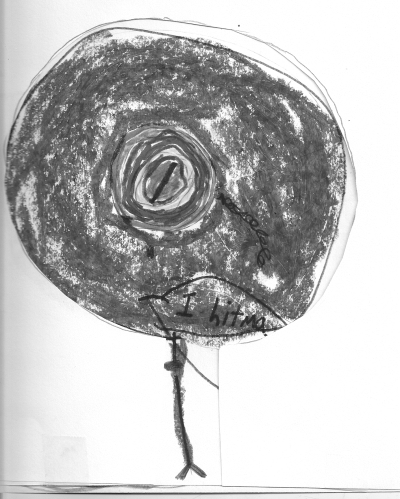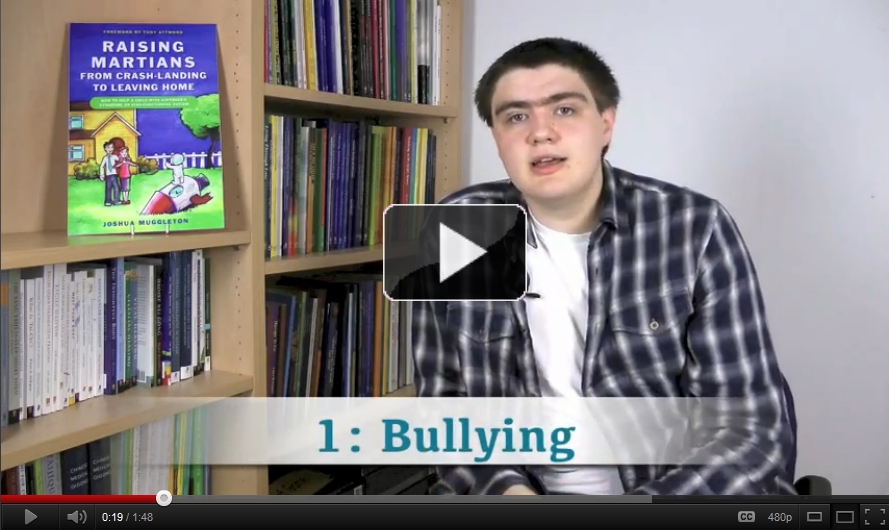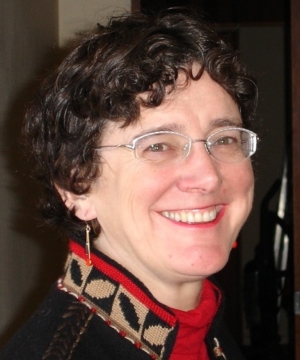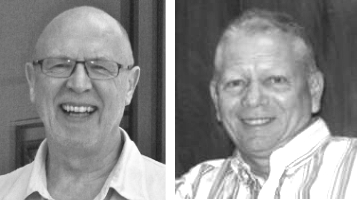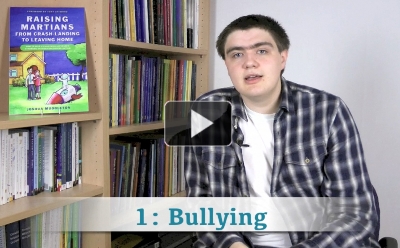Dynamic Play Therapy in Action – An Interview with Dennis McCarthy (Part 3)
” I hope readers will become less afraid of rocking the boat of authority that urges us to make the child talk in adult terms about what the adult world deems important to them. Rather than having children be obedient patients, I want to encourage us to attempt in our work to foster true self-possession, knowing how very hard it is to achieve. I urge us all to fight the tendency to negate emotion, to negate aggression, to negate anything and everything that pulsates with life and therefore stirs things up.”
